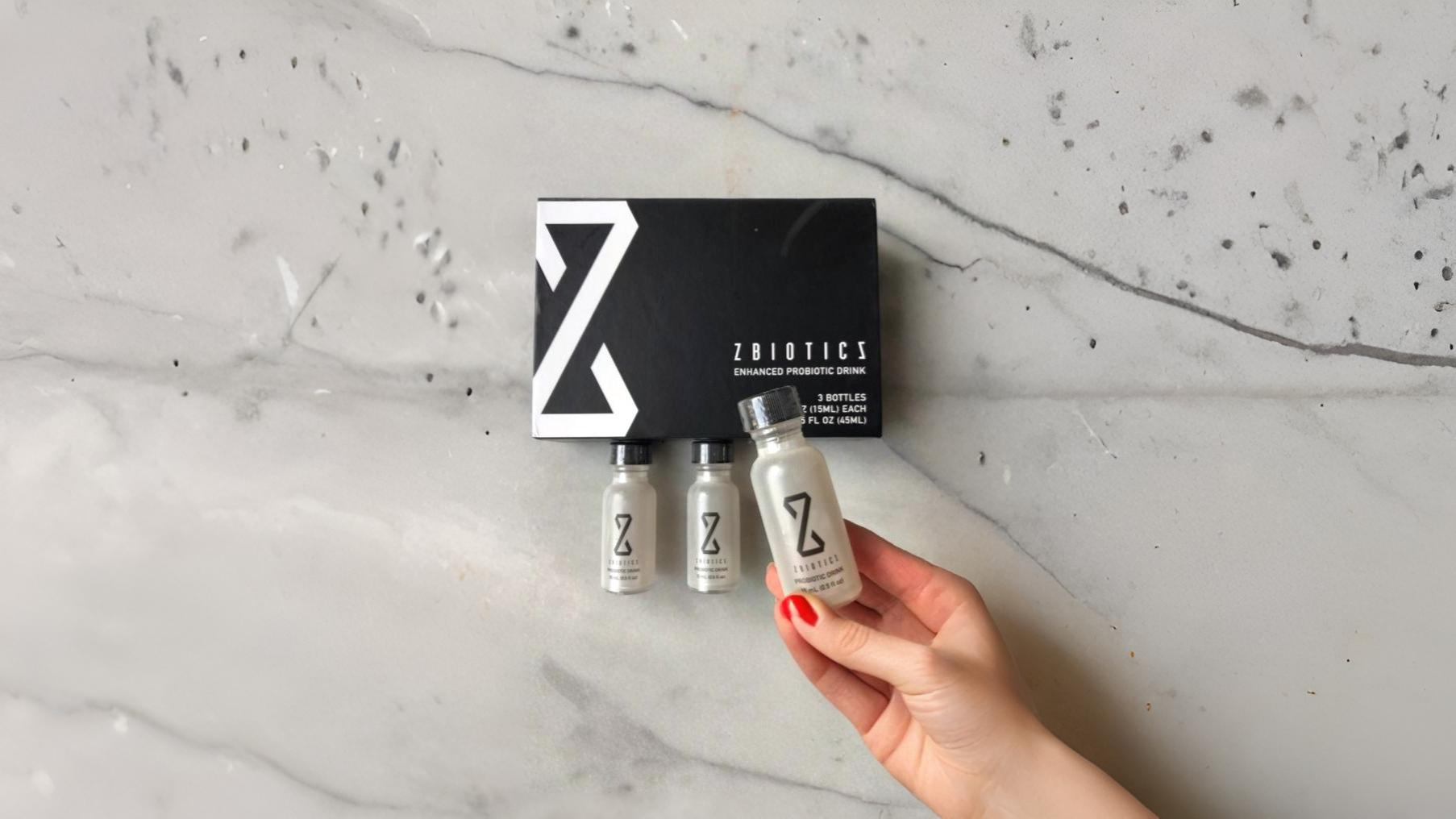Understanding the complexities surrounding the Isotonix lawsuit requires a comprehensive look into the product line, the company behind it, and the legal challenges it has faced. This article delves into these aspects, providing a clear and detailed overview.
Introduction to Isotonix
Isotonix is a brand of dietary supplements known for their isotonic delivery system, which allows for rapid absorption of nutrients. These supplements are designed to be mixed with water, creating a solution that matches the body’s natural fluid balance, potentially enhancing nutrient uptake.
Market America: The Company Behind Isotonix
Founded in 1992 by JR and Loren Ridinger, Market America operates as a multi-level marketing (MLM) company based in Greensboro, North Carolina. The company offers a diverse range of products, including:
- Household Cleaning Supplies: Eco-friendly solutions for everyday cleaning tasks.
- Jewelry and Personal Care Products: Items ranging from skincare to accessories.
- Auto Care and Water Purifiers: Products aimed at vehicle maintenance and water quality improvement.
- Cosmetics and Weight Management Products: Beauty items and supplements designed to aid in weight control.
Isotonix stands out as one of Market America’s flagship product lines, emphasizing health and wellness through scientifically formulated supplements.
The 2017 Lawsuit: Allegations and Claims
In 2017, Market America faced a federal lawsuit filed by two of its distributors. The suit accused the company of:
- Operating as an Illegal Pyramid Scheme: The plaintiffs alleged that Market America’s business model primarily rewarded recruitment over product sales, a hallmark of pyramid schemes.
- Violating the Racketeer Influenced and Corrupt Organizations (RICO) Act: This act targets organizations involved in ongoing criminal activities. The lawsuit claimed that Market America’s practices fell under this category.
- Targeting Chinese-American Immigrants: The suit asserted that the company specifically recruited Chinese-American individuals, encouraging them to sell products to friends and family in Asia.
The plaintiffs highlighted that while executives promoted potential earnings exceeding $560,000, the reality was starkly different. Reports indicated that 90% of sellers did not earn any income, suggesting that substantial profits were limited to those at the top tiers of the organization.
Understanding Pyramid Schemes in the Context of MLMs
Multi-level marketing companies often face scrutiny regarding their business structures. A pyramid scheme is characterized by:
- Emphasis on Recruitment: Participants earn more from recruiting new members than from selling actual products or services.
- Unsustainable Model: Such structures are destined to collapse once recruitment slows, leaving the majority of participants at a loss.
In contrast, legitimate MLMs focus on product sales, ensuring that compensation is primarily derived from tangible goods or services rather than recruitment.
Market America’s Response and Business Practices
Market America has consistently defended its business model, asserting that it operates within legal boundaries and focuses on product distribution. The company emphasizes:
- Product Quality: Highlighting the scientific research and development behind their offerings, particularly the Isotonix line.
- Distributor Support: Providing training and resources to help distributors succeed in selling products.
- Global Expansion: Efforts to reach international markets through strategic partnerships and localized marketing strategies.
The Outcome of the Lawsuit
Details regarding the resolution of the 2017 lawsuit are not extensively documented in public records. However, such legal challenges often result in:
- Settlements: Companies may choose to settle to avoid prolonged litigation, sometimes without admitting wrongdoing.
- Operational Changes: Implementing stricter compliance measures and restructuring compensation plans to align with legal standards.
- Reputational Impact: Legal disputes can affect public perception, prompting companies to engage in public relations efforts to restore their image.
Implications for Distributors and Consumers
For individuals involved with or considering joining Market America as distributors, it’s crucial to:
- Conduct Thorough Research: Understand the company’s compensation plan, product offerings, and any associated costs.
- Evaluate Earning Potential Realistically: Recognize that substantial earnings are not guaranteed and often require significant effort and sales success.
- Be Aware of Legal Considerations: Stay informed about any legal actions or controversies involving the company to make informed decisions.
Consumers interested in Isotonix products should:
- Assess Product Claims Critically: Look for scientific evidence supporting the efficacy of the supplements.
- Consult Healthcare Professionals: Before starting any new supplement regimen, seek advice from medical experts to ensure safety and appropriateness.
The Broader Landscape of Dietary Supplements and MLMs
The dietary supplement industry, particularly within MLM structures, is subject to varying degrees of regulation across different jurisdictions. Key considerations include:
- Regulatory Oversight: In some regions, supplements are not as strictly regulated as pharmaceuticals, leading to concerns about product claims and safety.
- Consumer Protection: Authorities may intervene if companies are found to engage in deceptive practices or if products are deemed unsafe.
- Industry Reputation: Legal challenges against prominent companies can influence public perception of the MLM and supplement industries as a whole.
Personal Insights on Navigating MLM Opportunities
Having observed and analyzed various MLM structures over the years, it’s evident that success within such models requires:
- Diligence: Thoroughly researching the company’s history, legal standing, and market reputation.
- Realistic Expectations: Understanding that while some individuals achieve significant success, many may not realize substantial profits.
- Focus on Product Value: Prioritizing companies that offer high-quality products with genuine consumer demand, rather than those that emphasize recruitment.
Engaging with MLMs can be a viable path for some, but it’s essential to approach such opportunities with caution and informed judgment.



